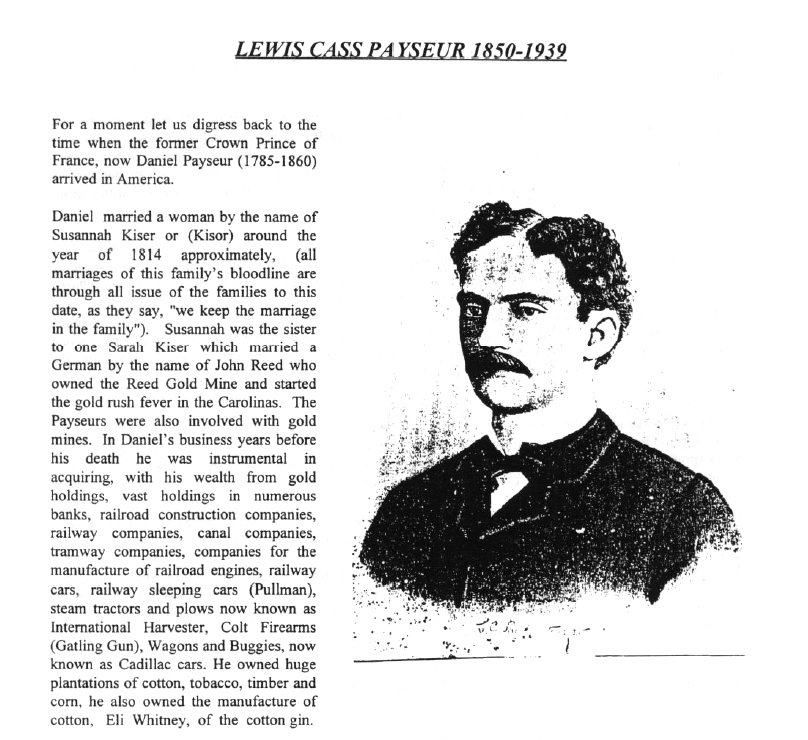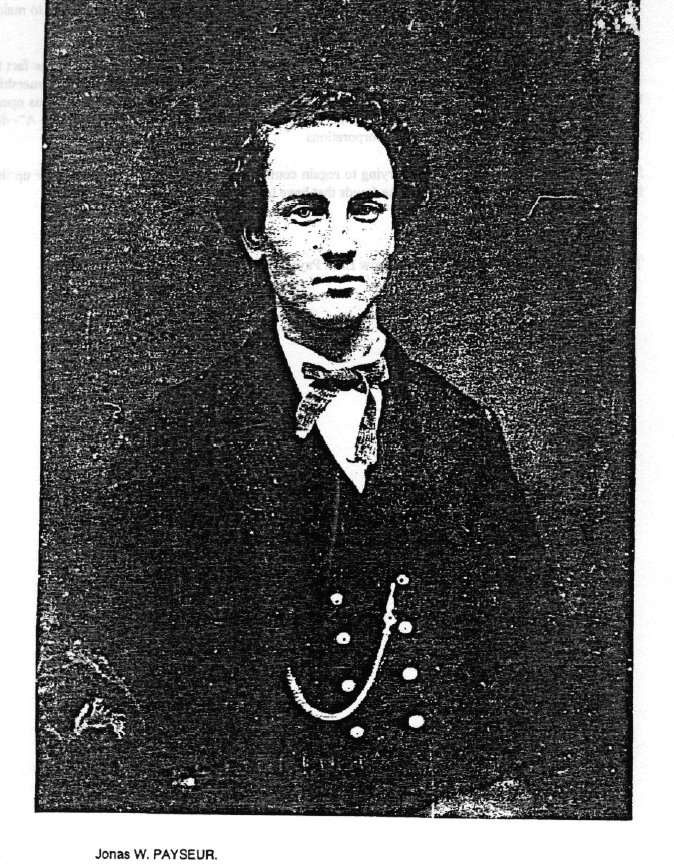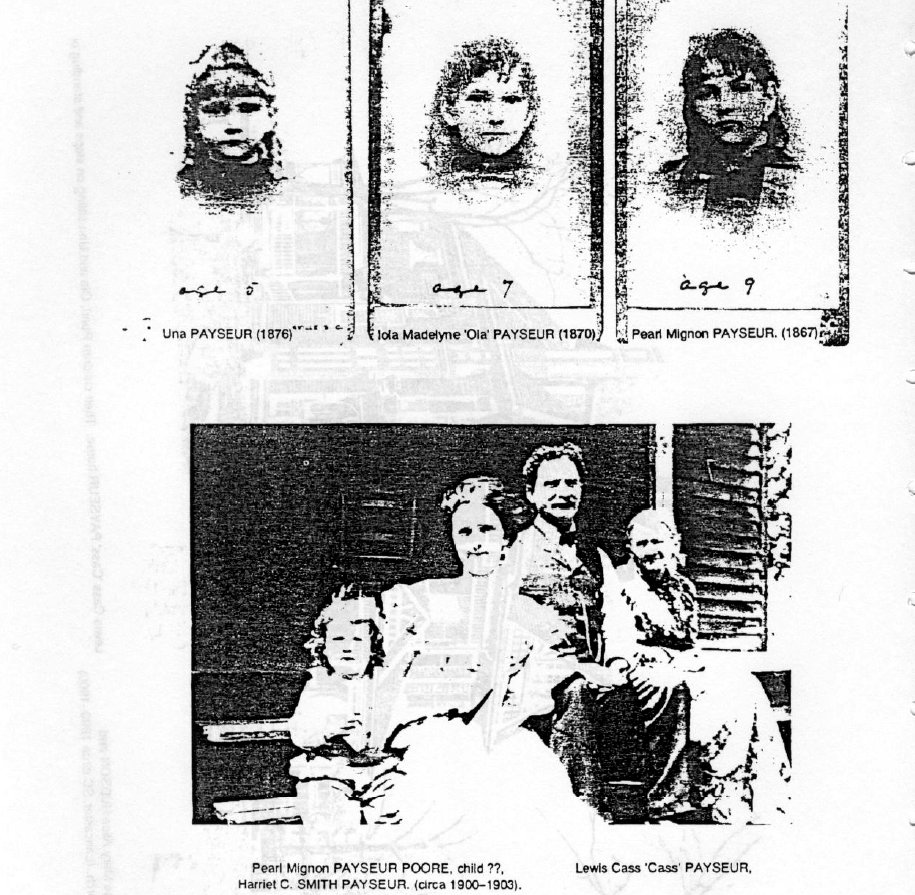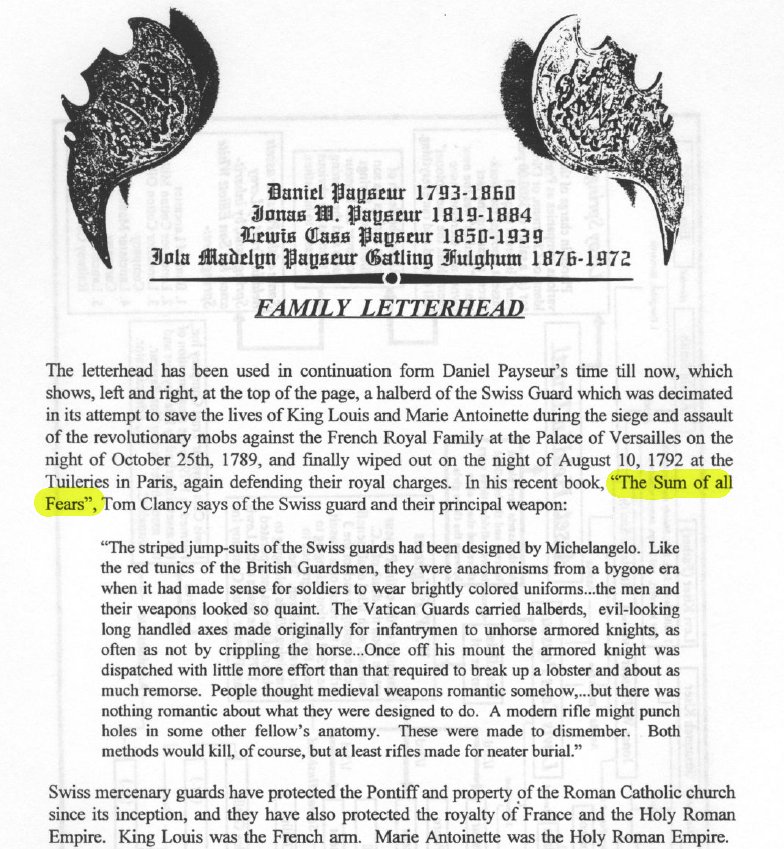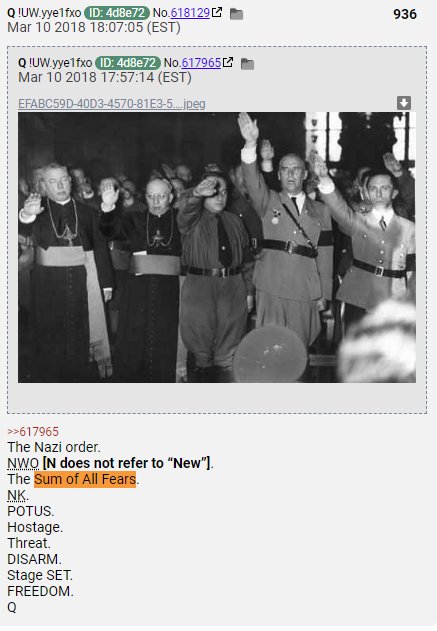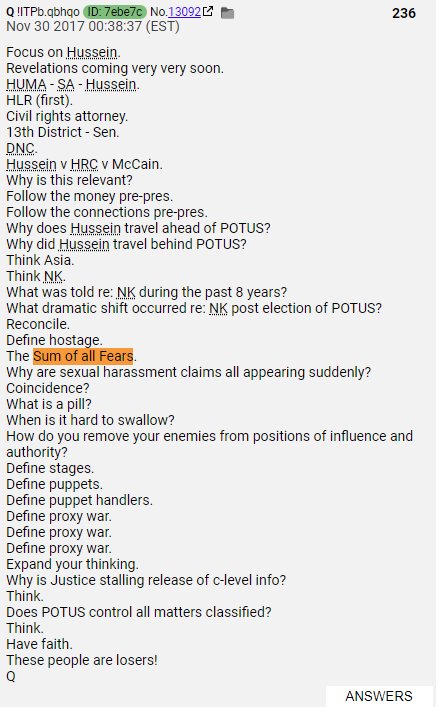I recommend your students take a close look at BANQUO's speech at the start of Act 3.
"Thou hast it now: king, Cawdor, Glamis, all,
As the weird women promised, and, I fear,
Thou play'dst most foully for't"
1/
You need the pause of a comma to give the first line its correct metrical length, but that puts a lot of emphasis on ALL. So what is the ALL that Banquo means?
2/
In line 2, why does Shakespeare use AND instead of BUT? BUT would make more obvious sense, unless Banquo is already pretty sure about Macbeth's crime.
3/
PROMISE and FEAR are interesting words to track through the play.
This is the 4th appearance of PROMISE in the play...
4/
5/
6/
7/
8/
9/
10/
It should not stand in thy posterity"
POSTERITY is worth thinking about -- we tend to (or maybe just me?) associate it with nostalgia ("for posterity") but really it means FUTURE. POSTERITY is from POST-, meaning AFTER. POSTERITY is "AFTER-NESS".
11/
BANQUO is saying that Macbeth's kingship could hold a greater place in Banquo's own future than in Macbeth's.
12/
"If there come truth from them--
As upon thee, Macbeth, their speeches shine--
Why, by the verities on thee made good,
May they not be my oracles as well,
And set me up in hope? "
13/
"SET ME UP IN HOPE" is a huge line for BANQUO... 14/
Unless, of course, you think that his HOPE is a good thing, because his "line of kings" will ultimately result in James I himself.
15/
Say that line again to yourself. I don't think Shakespeare meant the modern usage of "set me up", as in "a cup of coffee would set me up for the morning".
To be SET UP IN HOPE is to be placed or positioned within the sight or influence of HOPE.
16/
17/17










